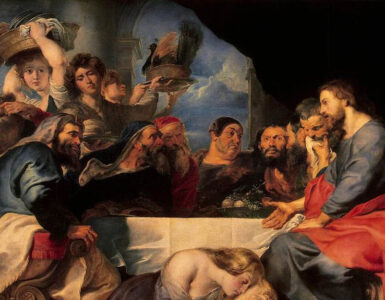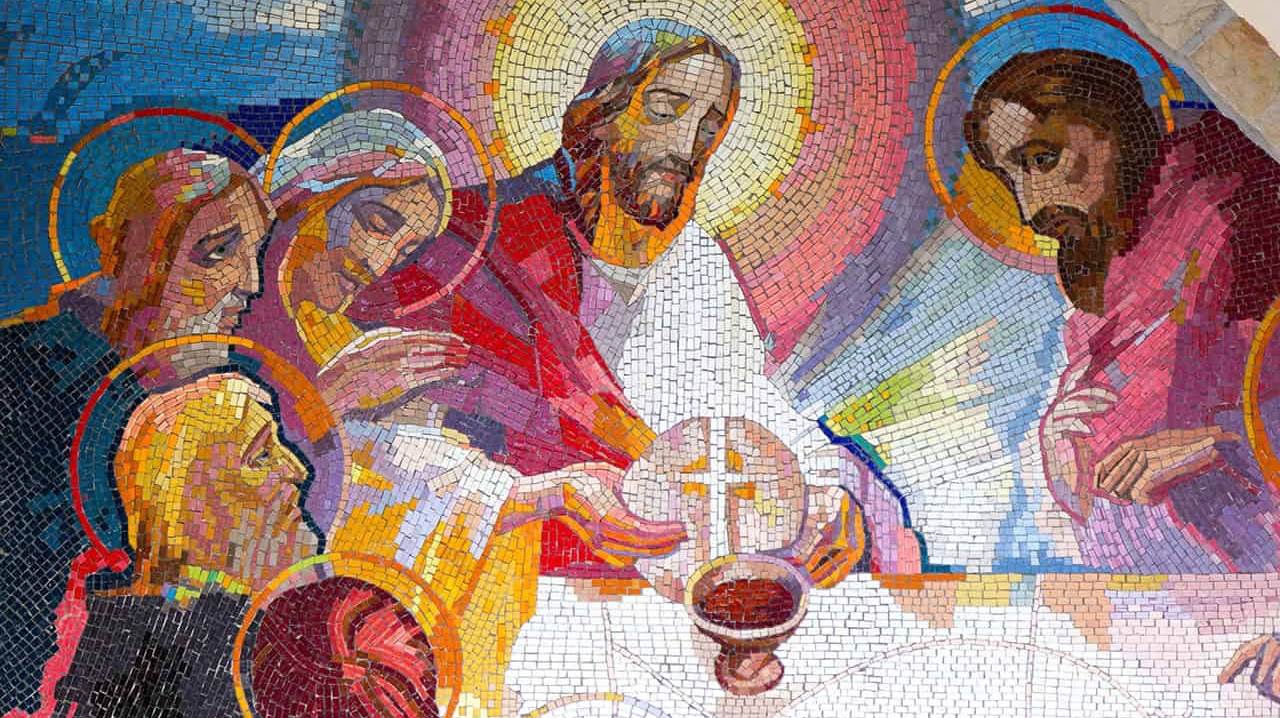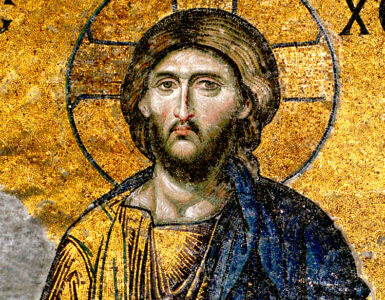Mention of a strong, driving wind and tongues of fire, found in the first reading (Acts 2:1-11) for Pentecost Sunday offers fitting images of the unmatched power of the Holy Spirit. The Holy Spirit is the very power and life of God; and we are destined to share in that power and life! Today, we shall direct our attention to what Jesus did when he surprised the eleven with a display of power and life as they were locked up in the upper room in the evening of Easter Day.
…he breathed on them and said to them, “Receive the Holy Spirit. Whose sins you forgive are forgiven them, and whose sins you retain are retained.” (Jn. 20:23)
The power and life-giving of the Holy Spirit are quite visible in his undoing the devastation of sin and in his actions to renew the face of the earth. A week ago, on the feast of the Ascension of the Lord, we heard Jesus promising us a transformation that was to be enacted by the power of the Holy Spirit.
“But you will receive power when the Holy Spirit comes upon you…” (Acts of the Apostles 1:8) “…but stay in the city until you are clothed with power from on high” (Gospel of Luke 24:49)
These familiar images give us a glimpse of the incredible and completely free power of the Holy Spirit. We are dealing with the very life-giving energy of Holy Trinity. We are confronted by a force that human beings will never be able to harness. Yet—and here is the first injection of comfort—Jesus puts that all-consuming fire of the Holy Spirit and his uncontrollable, runaway power at the discretion of selected, hand-picked men so that they can handle the destructive power of sin.
Why? Why doesn’t God tell us to go directly to him, one on one, to be freed of sin? Obviously, God can do that; he can forgive directly any sinner returning to him with a contrite heart. However, this is not the official way chosen by him.
There are reasons why God has so decreed; and these reasons escape almost all Protestants and many Catholics too. The most obvious reason is that it is hard for us to appreciate how destructive sin truly is.
Any of us, individually, cannot handle the destructive power of sin and harness the infinite power of the Spirit to forgive sin. Yes, we could go directly to God and ask him to forgive us. However, given our human nature, chances are that we would do so countless times because we would not have any incentive to mend our ways. And, we would not have any physical guarantee that the power of the Spirit had truly taken away our sin: we could be deluding ourselves each time, endless times.
I mentioned the aspect of physicality. This of physicality is a crucial aspect of our faith. Our faith begins with God’s decision to take on human flesh (Jesus Christ), to make himself totally physical. And the Sacraments are all physical ways in which the life-giving and life-restoring power of the Holy Spirit is harnessed and made available to us through the hands of those selected men upon whom Jesus breathed his Spirit.
In the Sacrament of Reconciliation our ears are physically touched by the words of Christ “I absolve you of all your sins. Go in peace.” We get a physical assurance that the power of the Spirit has been harnessed, given to the priest and applied to us every single time we approach God with a contrite heart and a firm resolve to change our attitude and conduct.
But there is still another crucial reason why God chooses to apply the infinite power of the Spirit through selected men. And it is found in the second reading: we are all baptized in one Spirit to form one Body. (cf. 1 Corinthians 12:3-7;13-14) Again, we encounter the very physical image of a Body. This means that the Holy Spirit, who is the very power and life of God is the very life and power also of all of us as the Body of Christ; one with him, we are the Second Person of the Holy Trinity!
Sin, any sin, has a tremendously adverse impact on the whole Body no matter how small, no matter how secret or minimized that sin might have been. Sin, any sin affects the whole Body in ways that are diametrically opposed to what the Spirit does. The Spirit gives and sustains life; the Spirit sanctifies, soothes, comforts, unites, gathers, heals, strengthens, transforms, enlightens and encourages one and all within the Body of Christ.
Instead, sin weakens and/or destroys life; sin soils and corrupts, agitates and makes us restless, He divides and isolates, scatters and hurts, worsens and disheartens one and all in the Body. This is the other reason why Jesus breathes his Holy Spirit on certain people (priests and bishops) and gives them the authority to forgive or to retain sins. They represent God who has been offended and disobeyed; and they represent also the Church, the Body that has been hurt.
Thus, we should never cease to express our gratitude to the Lord Jesus for the uninterrupted flow of grace from the Holy Spirit. By recalling and reliving the work and the action of the Holy Spirit in us and around us, we are given so many reasons to be confident in enduring our trials while gazing with hope into a future of glory.
Our confidence or, rather, our “boasting” stems from the enduring and humble recognition of our frailty and proclivity to falter because we know, for certain, that God’s mercy is infinite; his love is boundless, and the power of his Holy Spirit is made perfect in our weaknesses. (cf. 2 Cor.12: 9-10)






























